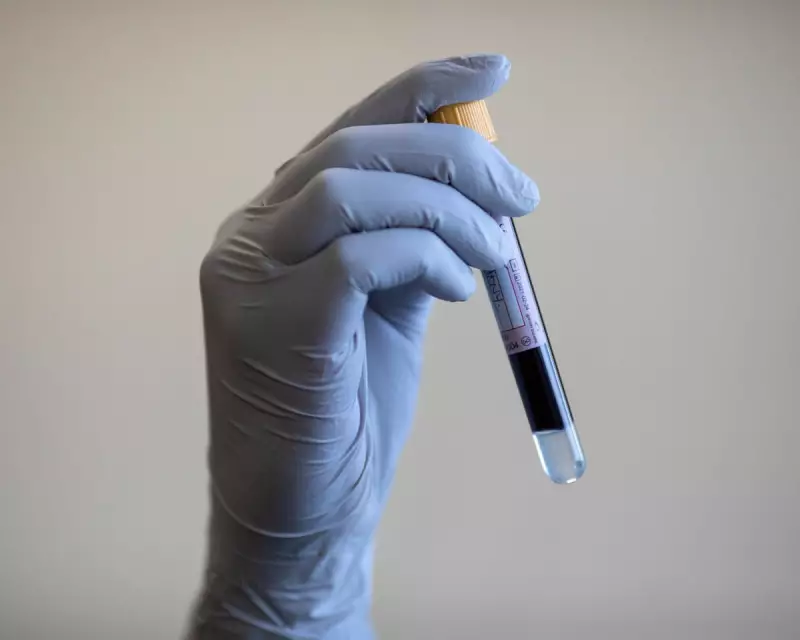
Medical experts are pushing for a groundbreaking shift in prostate cancer detection that could prevent thousands of unnecessary deaths annually across the UK. Rather than continuing with the current reactive approach, specialists propose implementing a sophisticated risk-based screening system.
The proposed strategy would identify men at higher risk through advanced assessment methods, including genetic profiling, family history analysis, and other key risk factors. This represents a significant departure from the existing system where men must proactively report symptoms, often when the disease has already progressed.
The Case for Change
Prostate cancer currently claims approximately 12,000 lives each year in Britain, making it the most common cancer in men. Many of these deaths are considered preventable with earlier detection. The current absence of a national screening programme means many cases go undetected until treatment options become more limited and outcomes poorer.
Professor Richard Viney, a leading urological surgeon, emphasises the urgency: "We have the knowledge and technology to transform prostate cancer outcomes. The evidence supporting targeted screening is compelling, and continued delay costs lives."
How Targeted Screening Would Work
The proposed approach would involve:
- Initial risk assessment using genetic markers and family history
- PSA blood testing for identified higher-risk individuals
- Advanced scanning techniques for those with elevated PSA levels
- Personalised monitoring schedules based on individual risk profiles
This method aims to maximise early detection while minimising unnecessary procedures for men at lower risk. Research indicates this precision approach could significantly improve survival rates while making efficient use of NHS resources.
Overcoming Implementation Challenges
While the medical consensus grows, significant hurdles remain. These include ensuring adequate diagnostic capacity, addressing health inequalities in access, and developing standardised protocols across the NHS. However, experts argue these challenges are surmountable with proper planning and investment.
The conversation represents a pivotal moment in British healthcare, potentially marking the beginning of a new era in cancer detection that could save thousands of families from preventable loss.





